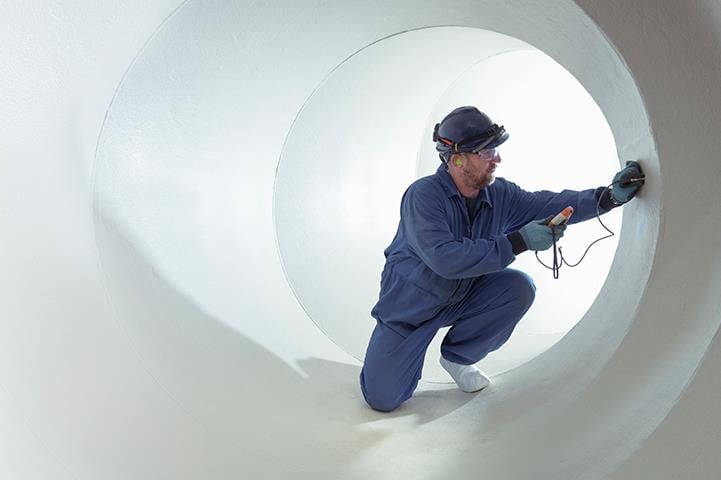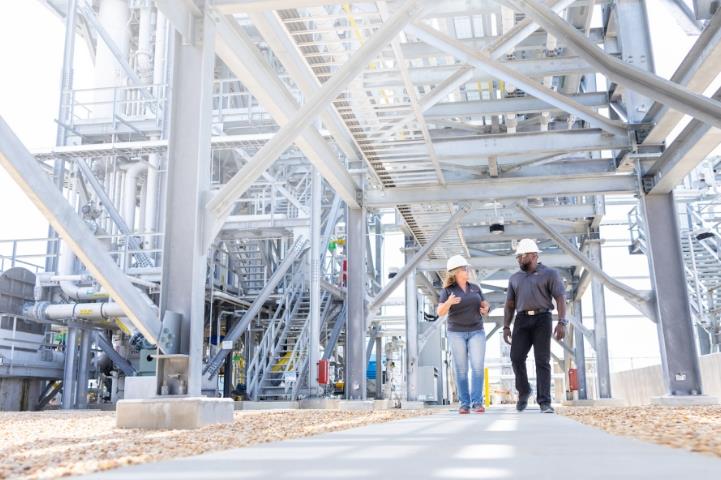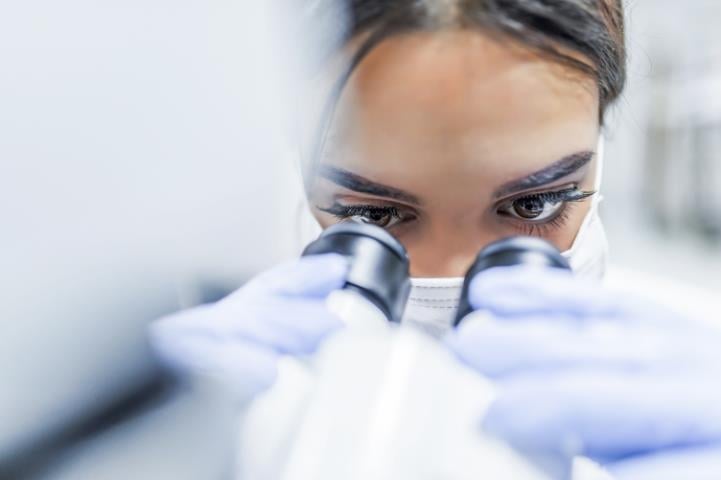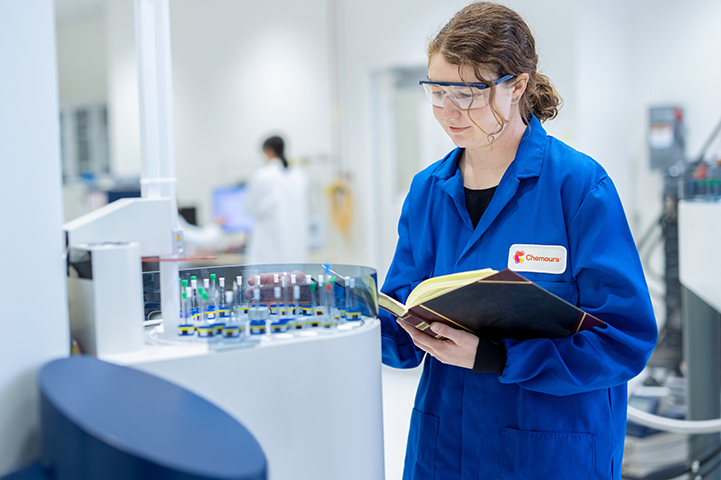Medical Devices
Fluoropolymers and Fluorinated Gases Deliver Solutions for Medical Challenges
 When people's health is on the line, medical practitioners need equipment that will operate efficiently. Fluoropolymers and fluorinated gases support safe and efficient medical practices.
When people's health is on the line, medical practitioners need equipment that will operate efficiently. Fluoropolymers and fluorinated gases support safe and efficient medical practices.
Fluoropolymers are used in a range of medical equipment, including guide wires, filters, pumps, and ventilators that are being used to help fight the COVID-19 pandemic. They make these devices more durable and effective, reducing the risk of equipment failures, infections, and unnecessary medical procedures. Fluorinated gases (f-gases) enable efficient cooling in a range of healthcare settings, from labs and pharmaceutical production facilities to every stop along the cold chain. F-gases are used for transport and stationary refrigeration systems that enable the distribution of pharmaceuticals and vaccines across the globe, including areas where the existing cold chain infrastructure cannot provide alternative solutions. Medical supplies and vaccine integrity require specific temperature setpoints. This can be provided by refrigeration equipment capable of maintaining temperatures in the range of -80C to +10C in any ambient condition. Such equipment uses f-gas refrigerants to provide the performance and reliability levels required by the pharmaceutical industry.
 What are fluoropolymers and f-gases?
What are fluoropolymers and f-gases?
Fluoropolymers are a specialty plastic that possess a unique combination of properties that make them critical to modern life and a wide variety of sectors and industries. They are one specific class of per- and polyfluoroalkyl substances (PFAS), a group of thousands of chemical compounds with varying characteristics, properties, and environmental and safety profiles. Importantly, fluoropolymers do not pose a significant risk to human health or the environment when used for their intended purposes. Their unique combination of properties makes them fundamental to the products they enable. There are no alternatives that possess all these unique properties while delivering the same high level of performance.
F-gases are an innovative class of chemical solutions comprised of low and ultra-low GWP hydrofluoroolefins (HFOs) and HFO blends. These products have improved environmental properties, offering significantly lower GWP than legacy products and no ozone depletion potential. Given the growing threat of climate change, innovative hydrofluorocarbon (HFC) and HFO alternatives have been developed to replace legacy hydrochlorofluorocarbons (HCFCs) that have relatively high GWPs and ozone depletion potential as well as high GWP HFCs. F-gases have undergone a rigorous and data-intensive global regulatory approval processes (e.g. US and EU) and have been deemed safe for their intended uses throughout their entire lifecycle.

Critical Applications in the Healthcare Industry:
-
Surgically implantable medical devices:
Fluoropolymers are used in implantable medical devices like vascular grafts, stent-grafts, and surgical mesh to reduce the risk of failure, infections, medical complications, and replacements as well as to increase the lifetime of implants.
-
Meter dose inhalers:
Fluoropolymers and f-gases are used in meter dose inhalers to ensure the successful delivery of key medicines.
-
Catheters:
Fluoropolymers are used to make low-friction and clot-resistant coatings for catheters to support patient safety and comfort.
-
High dielectric insulators:
Fluoropolymers make high dielectric insulators in defibrillators, pacemakers, and CRT, PET, and MRI imaging devices possible.
-
3D printing:
Fluoropolymers are used in 3D printing applications that are supplementing supply chain disruptions for personal protective equipment, like certified face masks.
-
COVID-19 testing and treatment:
Fluoropolymers are used to make ventilators and COVID-19 test kits that are critical in fighting the global pandemic.
-
Pharmaceutical research and manufacturing:
F-gas refrigerants help preserve cells used for research, increase drug efficacy, and extend the shelf life of many medications.
-
Distribution of vaccines and pharmaceuticals:
F-gases are used for transport and stationary refrigeration systems that enable the distribution of pharmaceuticals and vaccines.












